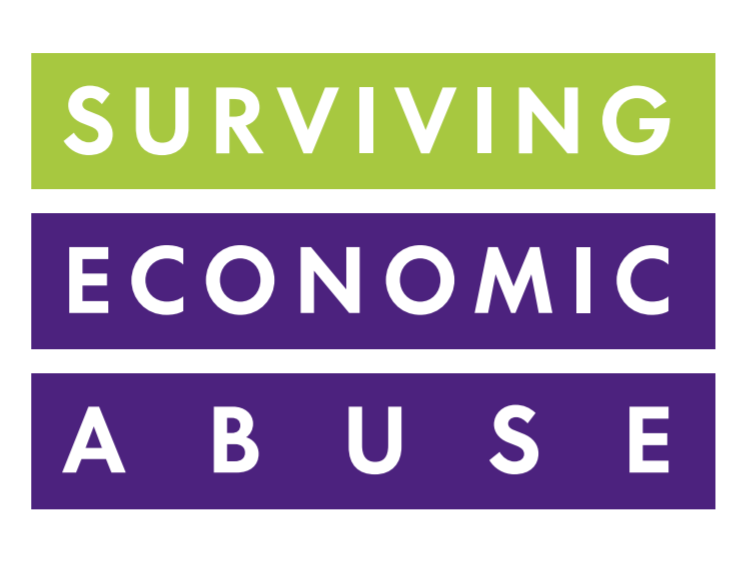Economic abuse is a legally recognised form of domestic abuse and is defined in the Domestic Abuse Act. It often occurs in the context of intimate partner violence, and involves the control of a partner or ex-partner’s money and finances, as well as the things that money can buy.
This screening tool is designed to support you to identify whether someone you are working with is experiencing economic abuse.
On this page
Why address economic abuse?
It is vital that we better understand and address economic abuse because economic stability is linked to physical safety. Without control of the money or items needed to leave and live independently, many women stay with abusers for longer and experience more harm as a result. Women who experience economic abuse are five times more likely to experience physical abuse than those who don’t. When women experience economic abuse in the context of coercive control, they are at increased risk of being killed.
Screening for economic abuse
Survivors of domestic abuse are likely to have had negative experiences of being asked questions. They may have been grilled by the abuser or repeatedly asked to share personal information with services.
Answering questions can cause anxiety. We know that you will do what you can to ensure your client is comfortable. It might be useful to know that members of the ‘Experts by Experience’ Group (individuals who have experienced economic abuse and who inform our work) have told us they would be more relaxed answering questions when someone is sitting next to them, rather than across a desk.
Briefing your client
Please talk through the following points when you introduce the questions in whatever order feels most appropriate.
Why am I answering these questions?
- Economic abuse is when your partner/family member has interfered with your money or other economic resources in some way to stop you from being in control of your own life and making choices.
- These questions have been designed to help us identify if you have been affected by economic abuse, and if so, how we can best support you.
How shall I answer the questions?
- It is up to you how you choose to answer these questions.
- I can ask you the questions and write down your answers or you can do it yourself with me in the room or nearby.
Answering the questions
- At the beginning, please could you make a note of the date. I will add your client ID number.
- It would be most useful if you could answer all the questions.
- You can have as much time as you need, and it’s fine to stop at any point and come back to the questions later.
- If you remember something and want to change or add to any of your earlier answers, please do.
- How things have been for you might have changed from day to day. Please answer the questions by thinking about the times when the situation has been at its worst.
- If you are not sure what the question is about, then please ask me.
- Answering these questions will enable us to identify how we can best support you.
Making the questions part of a conversation
We have developed a conversation kit to explore the concept of economic abuse and the forms that it takes, helping victim-survivors make connections between the abuser’s actions and their economic situation. This ‘sets the scene’ for systematically asking clients about the different forms of economic abuse that they might have experienced in order to understand the full extent of what has happened/is happening. It may be useful to use the conversation kit alongside the screening questions.
Contributing to a national dataset
The screening questions have been statistically proven to be distinct forms of economic abuse in the United States. SEA is building a national dataset of responses to the screening tool in the UK, enabling us to analyse the answers and see how economic abuse is experienced by gender, ethnicity, sexuality etc.
If you are interested in contributing to this dataset, please contact us on [email protected]
Training on economic abuse
In order to use the screening tool and conversation kit effectively, we recommend that you undertake training on economic abuse.
Find out more about our training coursesLast updated July 2022

